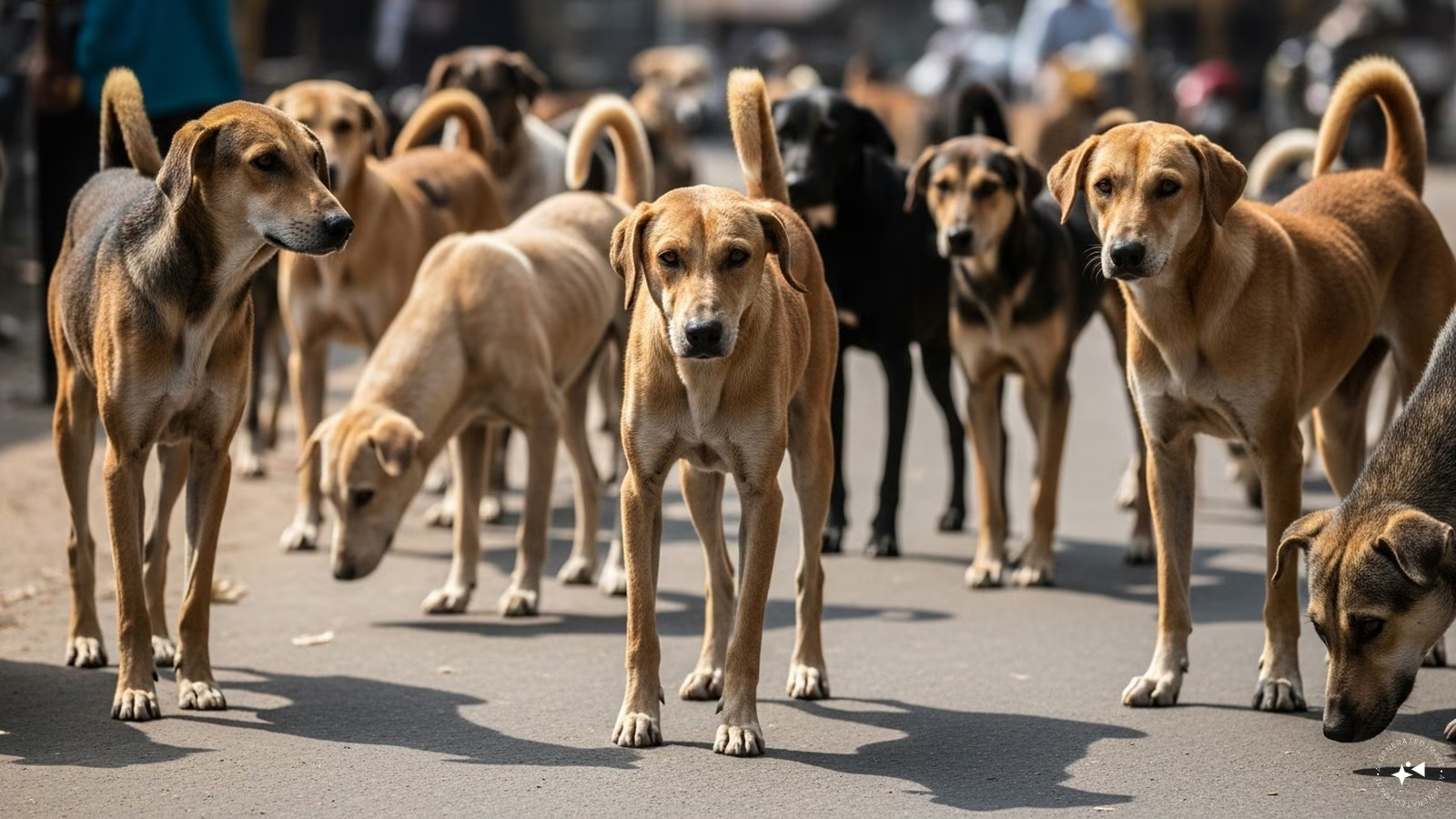North Andhra’s Dog Bite Crisis: Children at Greatest Risk as Rabies Claims Young Lives
North Andhra is facing a growing public health crisis as dog bite cases rise sharply and human rabies deaths increase, disproportionately affecting children under 15. Health experts warn that gaps in stray dog management and sterilisation programmes are worsening the situation.
In Visakhapatnam, authorities reported 11,799 dog bite cases between 2024 and July 2025, with four fatalities due to rabies. Neighbouring districts are similarly affected: Vizianagaram recorded 7,545 bites with six deaths, and Srikakulam reported 57,229 cases over 16 months. Many victims are children, including a one-year-old who tragically died in Srikakulam in April 2023.
Parents like Sunitha from Vizianagaram live in constant fear. “We tell our children not to play near stray dogs, but they are everywhere. It’s impossible to watch them every second,” she said. Experts highlight that these figures expose weaknesses in stray dog control and sterilisation initiatives across North Andhra.
In response, the Greater Visakhapatnam Municipal Corporation (GVMC) launched an intensive anti-rabies campaign. The programme aims to vaccinate 1.36 lakh stray dogs every six months and sterilise roughly 100 dogs daily under the Animal Birth Control (ABC) initiative. Sterilised dogs are marked with a notch on the left ear. Vaccines are available at Arilova, Kapuluppada, Anakapalli, Narava, and all Primary Health Centres (PHCs).
Dr. N. Kishore, City Veterinary Officer at GVMC, said, “Around 1.10 lakh dogs have been vaccinated so far. Sterilisation is essential to control the population, but it requires sustained effort and resources.”
Progress in Vizianagaram and Srikakulam is slower due to limited staff, absence of dedicated ABC teams, and inadequate facilities for postoperative care. Dr. Y.V. Ramana, Joint Director of Animal Husbandry, confirmed that a state-level ABC team has not yet arrived. In Srikakulam, Municipal Health Officer Dr. Sudheer said that infrastructure constraints and the lack of shelters for sterilised dogs are delaying efforts.
Health authorities are urging parents to monitor children and the elderly closely, who are most vulnerable to attacks. While post-bite vaccination drives are ongoing, experts emphasise that vaccination alone cannot solve the problem. Strengthening veterinary infrastructure, accelerating sterilisation programmes, and increasing public awareness are crucial to tackling the root cause: the uncontrolled stray dog population.
Dr. Kishore added, “Every child who dies from rabies is preventable. Vaccination, sterilisation, and community vigilance together can save lives. But it requires focus, resources, and cooperation from all.” For families like Sunitha’s, the hope is simple: safer streets, fewer strays, and a community that protects children from preventable tragedies.



